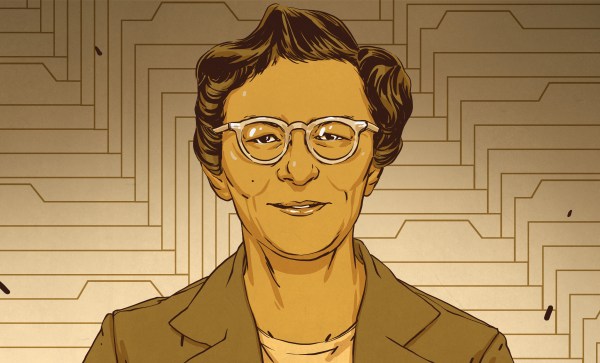You don’t often turn on a light and think, “That power company is sure on the ball!” You generally only think of them when the lights go out without warning. I think the same is true of search. You don’t use Google or DuckDuckGo or any of the other search engines and think “Wow! How awesome it is to have this much information at your fingertips.” Well. Maybe a little, but it is hard to remember just how hard it was to get at information in the pre-search-engine age.
I were thinking about this the other day when I read that Ruth Freitag had died last year. Ruth had the unglamorous but very important title of reference librarian. But she wasn’t just an ordinary librarian. She worked for the Library of Congress and was famous in certain circles, counting among her admirers Isaac Asimov and Carl Sagan.

You might wonder why a reference librarian would have fans. Turns out, high-powered librarians do more than just find books on the shelves for you. They produced bibliographies. If you wanted to know about, say, Halley’s comet today, you’d just do a Google search. Even if you wanted to find physical books, there are plenty of places to search: Google Books, online bookstores, and so on. But in the 1970s your options were much more limited.
Turns out, Ruth had an interest and expertise in astronomy, but she also had a keen knowledge of science and technology in general. By assembling comprehensive annotated bibliographies she could point people like Asimov and Sagan to the books they needed just like we would use Google, today.
Continue reading “Human Google: Ruth Freitag, Isaac Asimov, And Bibliographies”













